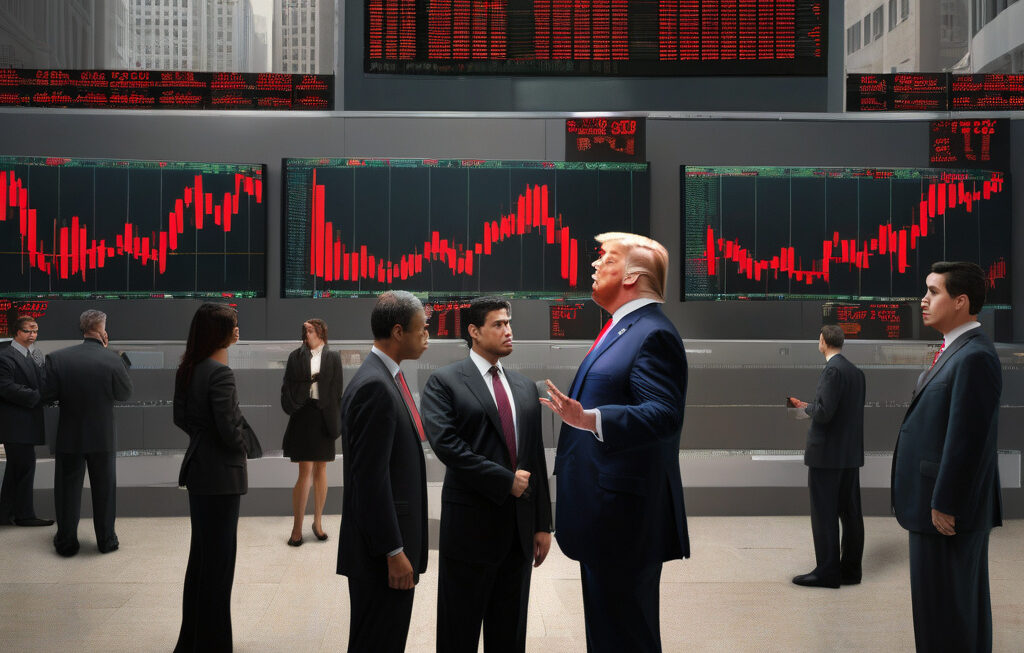Thailand Stock Exchange Halts Trading After Earthquake
The recent seismic activity in Myanmar sent tremors through the region, leading to unforeseen consequences beyond the immediate impact. While the earthquake’s epicenter was located in a neighboring country, Thailand felt the reverberations as the strong tremor prompted the suspension of trading on the country’s stock exchange. The Thai Stock Exchange, also known as the SET, made the decision to halt trading to assess the situation and ensure the safety and stability of the market.
The timing of the earthquake added to the already existing pressures on the SET index. Prior to the seismic event, the Thai stock market was grappling with concerns over US auto tariffs. The looming threat of tariffs on automobile imports from Thailand to the United States had already created a sense of unease among investors and market participants. The earthquake further exacerbated the situation, leading to a temporary shutdown of trading activities.
The suspension of trading on the Thailand Stock Exchange serves as a reminder of the interconnected nature of global events and their impact on financial markets. A seismic event in one country can have ripple effects that transcend borders, disrupting economic activities and investor sentiment. In this case, the earthquake in Myanmar not only caused physical damage but also shook investor confidence in the region, prompting a swift response from the authorities to mitigate potential risks.
The decision to halt trading was a proactive measure taken by the SET to prevent any knee-jerk reactions or panic selling that could have further destabilized the market. By pausing trading activities, regulators and market participants were able to assess the situation calmly and make informed decisions once trading resumed. This temporary break in trading also provided an opportunity for investors to re-evaluate their positions and risk exposure in light of the recent events.
As the Thailand Stock Exchange gradually resumed trading following the earthquake-induced suspension, market observers closely monitored the response of investors and the overall performance of the SET index. The resilience of the market in the face of external shocks such as natural disasters and geopolitical uncertainties is a testament to the robustness of Thailand’s financial infrastructure and regulatory framework.
While the temporary halt in trading may have caused a momentary disruption, it also highlights the importance of preparedness and risk management in the face of unexpected events. Market volatility is an inherent feature of the financial landscape, and being able to navigate through turbulent times with composure and foresight is essential for long-term success in investing.
In conclusion, the suspension of trading on the Thailand Stock Exchange following the earthquake in Myanmar underscored the fragility of financial markets in the face of external shocks. By taking swift and decisive action, the SET demonstrated its commitment to maintaining market stability and investor confidence in challenging times. As the market gradually recovers from the temporary setback, the incident serves as a valuable lesson in risk management and resilience in the ever-changing world of finance.
Thailand, Stock Exchange, Trading, Earthquake, Myanmar, SET index, US auto tariffs, Investor confidence, Market stability, Risk management












